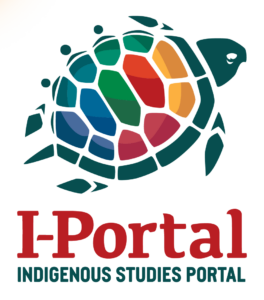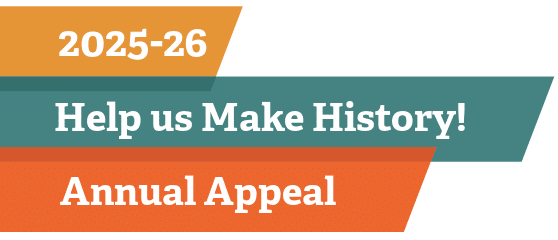Databases and Subject Guides for Indigenous History and Culture
Research Databases
These databases contain scholarly articles and research about Indigenous history, culture, science, health, business and governance. There are many research databases, but most require some form of subscription. The databases listed here are either open source or can be accessed remotely with a Greenwich Library card.
The I-Portal: Indigenous Studies Portal is hosted by University of Saskatchewan as a tool for researchers to access digital Indigenous studies resources. Its primary focus is on Indigenous peoples of Canada with a secondary focus on Indigenous peoples of the United States, Australia, Aotearoa – New Zealand, and other areas of the world. Whenever possible, these resources are open access, but some articles may require subscriptions.

JSTOR is one of the most popular research databases in the world, with nearly 2,000 journals in its collections. While some of the older articles in the database are open source, the majority of JSTOR content requires a subscription. If you have a Greenwich Library card, you already have this subscription!
Greenwich Library also provides remote access to Academic Search Premier, another research database with thousands of journal sources.
Primary Source Databases
Primary source databases are digital collections of historical documents, books, oral histories, and objects that give first-hand or contemporary accounts of historic events. Please be advised that primary source materials may contain racist and offensive language and depictions of Indigenous peoples.
Academic Libraries
Many college and university archives have collections of Indigenous materials. The resources listed below have digitized portions of their primary sources so that they’re viewable online, but some institutions have collections available for viewing in-person by appointment.
The Amherst College Archives is the home of the Kim-Wait/Eisenberg Native American Literature Collection, which contains nearly 1,500 books by Native American authors dating from 1772 to today.
The Native Northeast Research Collaborative, formerly known as the Yale Indian Papers Project, hosts a collection of digitized papers from the 18th and 19th centuries that document the colonization of Connecticut.
Cornell hosts the Records of the Albany Commissioner of Indian Affairs, a governmental body that managed relations with Indigenous peoples in the New York colony.
These records have been partially transcribed by independent scholar Ann Hunter, which can be found here.
State Libraries
Many state libraries also have repositories for primary sources that are worth searching. Remember to use a variety of keywords when searching.
The Connecticut State Library has a digital collection portal with digitized records from the State Library, the Museum of Connecticut History, and the Connecticut State Archives.
The New York State Library holds large collections of first hand accounts of Native Americans and colonization in New York. These resources, including manuscripts, published accounts, legal documents, and maps span four centuries of history, with the earliest document dating to 1630.
The National Archives and Records Administration
The National Archives and Records Administration, also sometimes called NARA or the National Archives, is the nation’s record keeper. Records created in the course of governing the United States that are deemed valuable (only about 1-3% of all government records created) are preserved by NARA. On their website you can find their guide to Native American records in the National Archives, as well as a research guide from the NARA Archives Library Information Center.
Subject Guides
Subject guides are collections of primary and secondary sources that are often compiled by libraries or other educational organizations to give an overview on a specific topic. The subject guides included below are from national organizations and are open access, but many academic institutions also have subject guides. For instance, Yale’s library guide to Indigenous Studies can be found here. If you have a library card at an academic institution, it could be worthwhile to check and see if they have a library guide; however, please note that the materials in these library guides usually require an institutional login to access.
The Library of Congress has a number of subject guides ranging from very broad overviews(like their Native American Resources in the Manuscript Division) to very specific topics (like the Navajo Code Talkers: A Guide to First-Person Narratives in the Veterans History Project)
The American Antiquarian Society has a subject guide and virtual exhibition on the history of some of the earliest and rarest printed materials of the British colonies: publications written and printed in various Indigenous Algonquian dialects.
The Center for Native American and Indigenous Research at the American Philosophical Society features a guide to archival materials held at APS, searchable by language, location, and culture.


